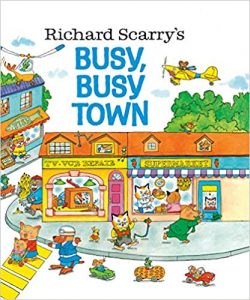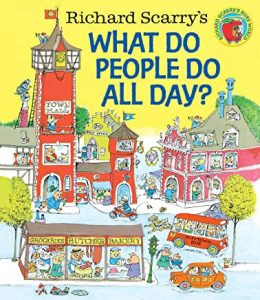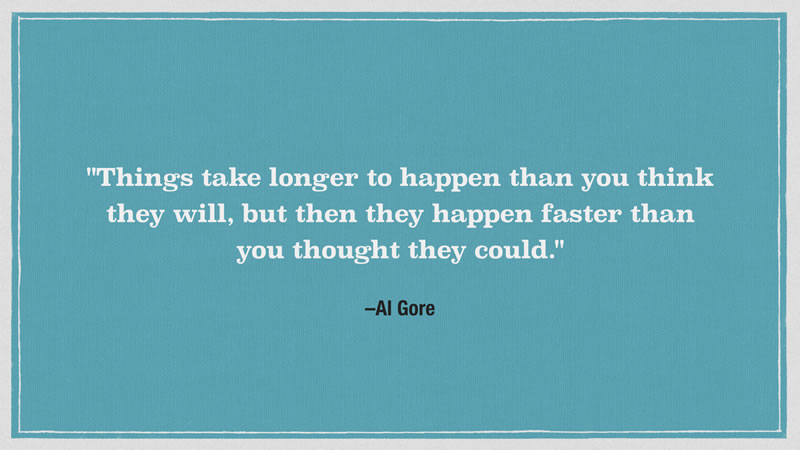Problem
 “Defund the police” is an in-artful term that fails as a “brand” because it requires explanation. It is already being used as a weapon against those calling for justice and peace by cynical Republicans and others who never considered the complex system of racism and cruelty that allows the government to brutalize African Americans with impunity.
“Defund the police” is an in-artful term that fails as a “brand” because it requires explanation. It is already being used as a weapon against those calling for justice and peace by cynical Republicans and others who never considered the complex system of racism and cruelty that allows the government to brutalize African Americans with impunity.
That said, I am in agreement with those calling for police defunding, police abolition, and prison abolition. The percentage of cash-strapped municipal budgets allocated to police forces is outrageous and unsustainable. Of course, those funds could be put to better use elsewhere. Nearly 54% of the Los Angeles city budget is spent on policing and California cities have relatively skimpy budgets! (Not to mention that the LAPD has a terrible record of race relations, police brutality, and patrols in a fashion where cops can’t discern store owners and from looters.)
I reject the excuse that long stressful shifts should cause the sorts of psychosis that leads police officers to kneel on a man’s neck for eight minutes and forty-six seconds. If long shifts are a problem, then it is justification for ending overtime, a hustle police officers engage in to boost their income substantially at the expense of taxpayers and public safety. Accessible and affordable mental health services should be available to the entire community, including peace officers sworn to protect and serve.
We are on the cusp of monumental decisions. The need for social justice and a weak economy are going to require major redistribution of public resources. If not defunded completely, the police (and military) are going to need to be scaled back in both mission and budget.
Two experiences have led me to this point. The first was the 3 1/2 years I spent working inside a troubled prison for teens where we created a radically different schooling experience. When we put the needs, talents, curiosity, creativity, interests, and expertise of the kids ahead of an arbitrary curriculum and treated them like colleagues, not a single student needed to leave the classroom for disciplinary reasons a single time. Not once in more than three years! This was in a facility Amnesty International cited for state-sponsored torture of children. When we treated children with dignity, high expectations, and humanity, they demonstrated learning superpowers and were delightful to spend time with. This experience also leaves me highly reluctant to “lock her up” or “throw away the key,”
About a year ago, I listened to an amazing Chris Hayes podcast, Thinking about how to abolish prisons with Mariame Kaba, in which the activist made a convincing case for seemingly nutty idea, getting rid of prisons – not reforming them, but eliminating the entire prison industrial complex. I was unaware that this was plausible, let alone a movement until I listened to the common sense arguments advanced in this conversation.
Executed properly, this is a moment for serious systemic change. In the recent CNN-SSRS poll, 84% of Americans say that the current protests are justified. This is not 1968 or even just a few years ago. Fellow Americans of good conscience favor doing something differently, perhaps radically differently – now. They just don’t know what that might look like or how to wrap their head around alternative scenarios.
I began thinking about this challenge when an old colleague posted a pro-Police/anti-protestor meme and justified it by saying that we should stop complaining about the police because when his wife’s wheelchair gets stuck in the yard, he calls the police and they help lift her to safety. Would George Floyd or the 75 year-old man trampled by Buffalo police accept that tradeoff? Must we?
I truly believe that there are millions of people who wish to do the right thing and join together to create a more perfect union based on life, liberty, and the pursuit of happiness. This requires us to stop building systems focused on the extreme worst of human potential. Folks just need help imagining that things need not be as they seem. Each of has an obligation to help paint that picture in order to make the world a better place.
Here is my first (lame) attempt at doing so.
Solution
 Let Richard Scarry be your guide. There are lots of different jobs and helpers in Busy Busytown. Some people help old ladies across the sidewalk, others direct traffic. Some even remind their fellow critters to stay off the grass. When someone is sick or injured, other helpers rush to scene to, well, help. Others clean up litter and make sure that street lights work. New jobs are created to feed hungry people and play games with little critters afterschool. New houses and apartments are built and properly maintained so everyone in Busytown enjoys a comfortable place to sleep.
Let Richard Scarry be your guide. There are lots of different jobs and helpers in Busy Busytown. Some people help old ladies across the sidewalk, others direct traffic. Some even remind their fellow critters to stay off the grass. When someone is sick or injured, other helpers rush to scene to, well, help. Others clean up litter and make sure that street lights work. New jobs are created to feed hungry people and play games with little critters afterschool. New houses and apartments are built and properly maintained so everyone in Busytown enjoys a comfortable place to sleep.
There are helpers who help you deal with stress or stop taking drugs. Every mommy and daddy in Busytown has a job that pays a living wage and health insurance. They even have enough money left over to take their children on vacation sometimes. And yes, in Busy Busytown, there are even helpers who will help lift your wife’s wheelchair. They just won’t be carrying an assault rifle, pepper spray, or swinging a baton.
A challenge for educators
Which educational practices can you imagine abolishing in schools? I am sure you can think of ineffective, grossly expensive, distracting, or miseducative “traditions” most people take for granted. Can you imagine school without:
 Grades?
Grades?- Tests?
- Homework?
- Tracking?
- Silent lunch?
- Discipline problems?
- Bullying?
- Competition?
- School segregation?
- Charter schools?
- Algebra II?
- Football?
If so, this is your moment. What is your plan for doing the right thing?

Veteran educator Gary Stager, Ph.D. is the author of Twenty Things to Do with a Computer – Forward 50, co-author of Invent To Learn — Making, Tinkering, and Engineering in the Classroom, publisher at Constructing Modern Knowledge Press, and the founder of the Constructing Modern Knowledge summer institute. He led professional development in the world’s first 1:1 laptop schools thirty years ago and designed one of the oldest online graduate school programs. Gary is also the curator of The Seymour Papert archives at DailyPapert.com. Learn more about Gary here.

HI Gary. Great article. You helped clarify my understanding of the “defund the police” issue. Glad I connected with you in Learning2Pivot.